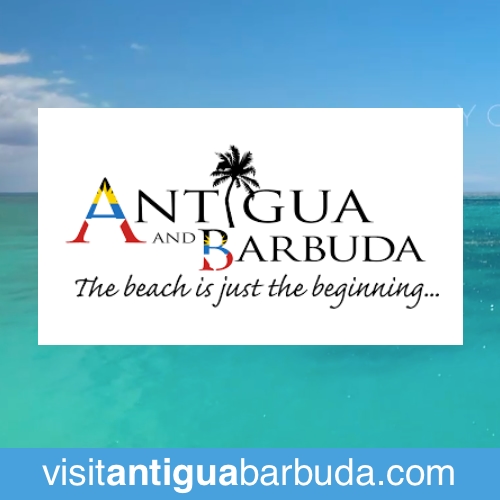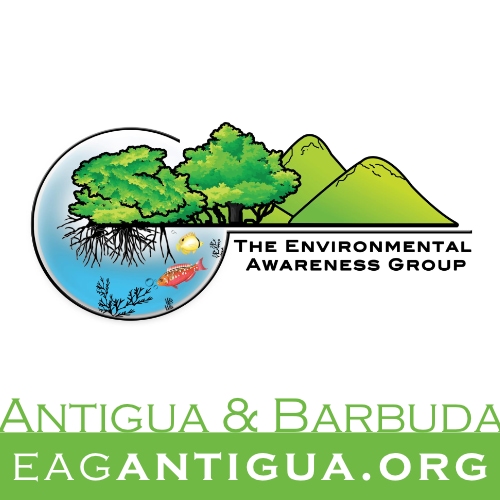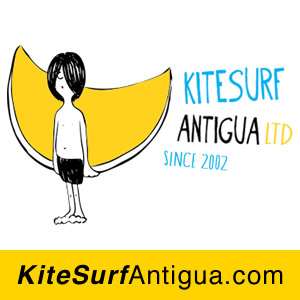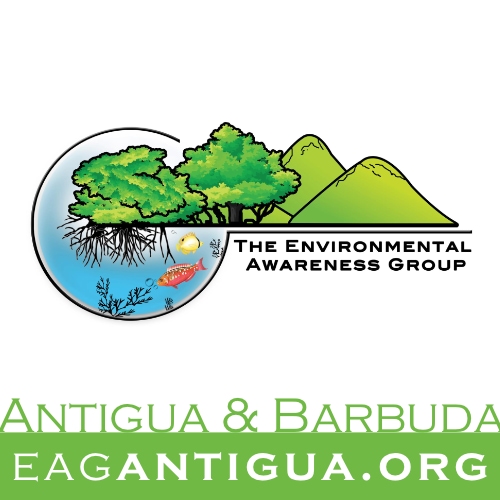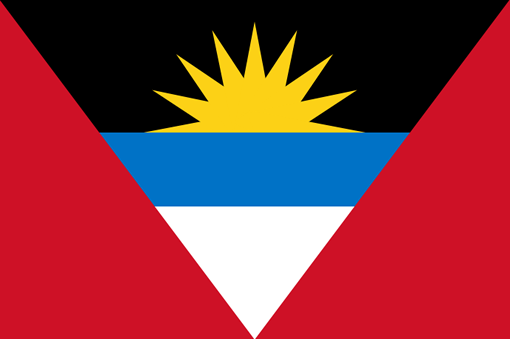Antigua & Barbuda is an independent Commonwealth country comprising two islands: Antigua and Barbuda, and many minor islands.
Antigua and Barbuda is located in the Lesser Antilles, one of the Leeward Islands lying between the Caribbean Sea and the Atlantic Ocean. View Map
1.Land of 365 Beaches:
Antigua is famously known as the "Land of 365 Beaches" due to its abundance of beautiful sandy beaches, each supposedly representing one for every day of the year.
2.Horatio Nelson's Dockyard:
Antigua is home to Nelson's Dockyard, a UNESCO World Heritage Site located in English Harbour. It was a strategic naval base for the British Navy in the 18th century and named after Admiral Horatio Nelson.
3.Annual Sailing Week:
Antigua hosts one of the world's premier sailing events, Antigua Sailing Week, which attracts sailors and yachting enthusiasts from around the globe for a week of races and festivities every April.
4.Cuisine and Culture:
The cuisine of Antigua and Barbuda reflects its African, British, and Creole heritage. Popular dishes include pepperpot, fungi (a cornmeal-based side dish), and seafood like lobster and conch.
5.Bird Sanctuary:
Barbuda, the smaller sister island of Antigua, is home to the Frigate Bird Sanctuary, where the rare and endangered Magnificent Frigatebird can be observed in its natural habitat.
Enjoy your stay!
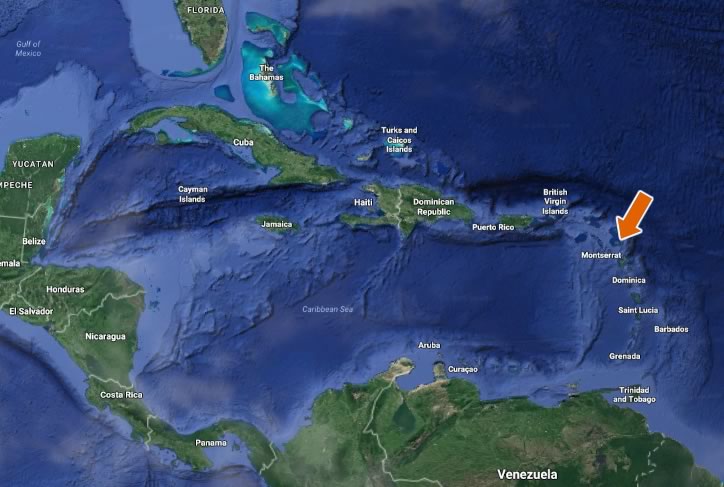 If you own or manage a business in the Caribbean and need professional assistance with your website and social media, gandor.tv will create, maintain, host and promote your website for you.
If you own or manage a business in the Caribbean and need professional assistance with your website and social media, gandor.tv will create, maintain, host and promote your website for you.
"The Antigua and Barbuda national anthem"
The indigenous West Indians made excellent seagoing vessels which they used to sail around on the Atlantic and the Caribbean. As a result, Caribs and Arawaks were able to colonise much of South America and the Caribbean Islands. Their descendants still live there, notably in Brazil, Venezuela, and Colombia.
Most Arawaks left Antigua around 1100 AD; those who stayed were later raided by the Caribs who had superior weapons and seafaring prowess allowing them to defeat most of the West Indian Arawak nations, enslaving some and possibly cannibalising others.
The Catholic Encyclopedia makes it clear that the European invaders had difficulty differentiating between the various groups of the native peoples they encountered. As a result, the number and types of ethnic/tribal groups in existence at that time may have been much more varied and numerous than just the two mentioned in this article.
European and African diseases, malnutrition, and slavery eventually killed most of the Caribbean's native population. Smallpox was probably the greatest killer. Historians say psychological stress of slavery may also have played a part in the deaths amongst enslaved natives. Others believe the reportedly abundant but starchy, low-protein diet may have contributed to their severe malnutrition as they were used to a diet fortified with protein from the sea.
The Spaniards did not colonise Antigua because it lacked fresh water but not aggressive Caribs. The English settled on Antigua in 1632; Christopher Codrington settled on Barbuda in 1684. Slavery, established to run sugar plantations around 1684, was abolished in 1834. The British ruled from 1632 to 1981, with a brief French interlude in 1666. The islands became an independent state within the Commonwealth of Nations on 1 November 1981, with Elizabeth II as the first Queen of Antigua and Barbuda. Vere Cornwall Bird Sr became the first Prime Minister.
Most of Barbuda was devastated in early September 2017 by Hurricane Irma, which brought winds with speeds reaching 295 km/h (185 mph). The storm damaged or destroyed 95% of the island's buildings and infrastructure, leaving Barbuda "barely habitable" according to Prime Minister Gaston Browne. Nearly everyone on the island was evacuated to Antigua. Source: Wikipedia
Kitesurfing is all the rage! If you're into water sports you've come to the right place. All Caribbean islands provide the whole array of activities, from scuba, sailing, snorkeling, kayaking or kiteboarding. Check with the resort you're staying at. They sometimes include water sport package deals. Don't forget off season is June to September - for great deals.

